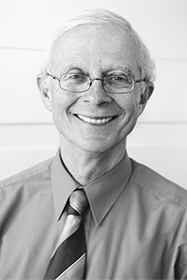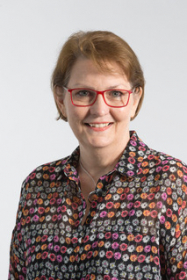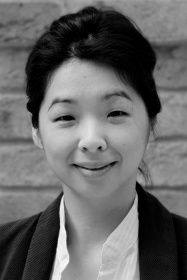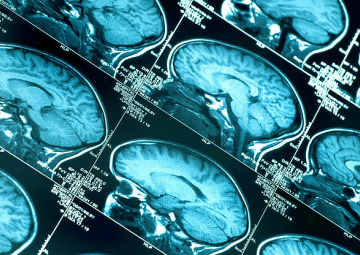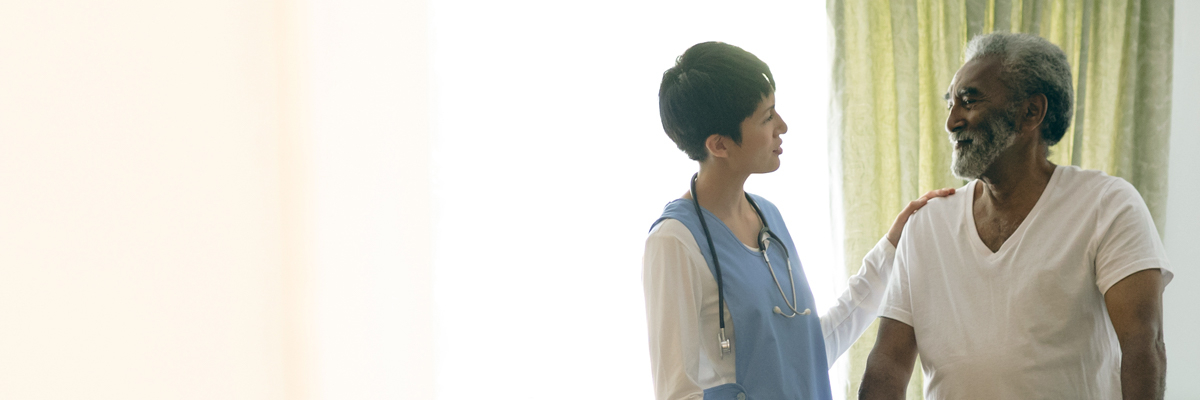
About COGNISANCE
There are many national guidelines across the globe which establish benchmarks for best practice diagnosis and support of people living with dementia. Despite this, people with dementia and their family care partners are often dissatisfied with the process of getting a diagnosis and may also receive limited, if any, post-diagnostic support. Diagnosis itself may be difficult to obtain, with estimates of undiagnosed dementia ranging from 43.3% in the UK to 70.7% in Canada. Even if a diagnosis is obtained, some medical practitioners worry about distressing their patients and avoid discussing prognosis. This situation is exacerbated by limited availability or knowledge about post-diagnostic support that may assist people with dementia and their families cope, compensate or even improve symptoms and issues that arise in dementia.
Aims and Objectives
COGNISANCE aims to improve the communication of dementia diagnosis and post-diagnostic support. Our objectives are to co-design and deliver in partnership with people with dementia, family care partners and health care professionals, a website that provides structured information, links, resources and tools tailored to enable health care practitioners to effectively enact national dementia guidelines around diagnostic and post-diagnostic support, and to empower people with dementia and their family care partners seek the support they require.
Methods
We will explore, through surveys and focus groups the experience of diagnosis and post diagnostic support from the perspective of people with dementia, family care partners and health care professionals. From this baseline, we will develop an internationally adaptable website, resources, and other promotional activities supporting guideline or best clinical practice implementation. The website and its resources will be promoted using a targeted social marketing campaign, using social media, webinars, print media and podcasts in selected regions across Australia, Canada, United Kingdom, the Netherlands and Poland. Through these activities we will promote behavioural change to improve health care practitioner’s diagnostic habits and provision of support, as well as increase help seeking by people with dementia and care partners. Success of the campaign will be evaluated using the RE-AIM framework. From our collective experiences, we will produce a ‘playbook’ outlining how to deliver similar campaigns in other countries.
The international landing page for the website “Forward with DementiaTM” can be found here.
Research Team
The research team consists of an international collaboration lead by Scientia Professor Henry Brodaty, Project Leader, Centre for Healthy Brain Ageing (CHeBA), UNSW Sydney.
The Australian team is:
- Professor Lee-Fay Low, University of Sydney
- Professor Yun-Hee Jeon, University of Sydney
- Associate Professor Lyn Phillipson, University of Wollongong
- Dr Meredith Gresham, Centre for Healthy Brain Ageing (CHeBA), UNSW Sydney
- Ms Nora Wong, Centre for Healthy Brain Ageing (CHeBA), UNSW Sydney
with research assistants:
- Dr Amy Tan, University of Sydney
- Dr Danika Hall, University of Wollongong
The international project team lead investigators are:
- Professor Isabelle Vedel, Jewish General Hospital and McGill University, Montreal, Canada
- Professor Frans Verhey, Maastricht University, Netherlands
- Professor Greta Rait, University College London, United Kingdom
- Professor Dame Louise Robinson, Newcastle University, United Kingdom
- Professor Joanna Rymaszewska, Wroclaw Medical University, Poland
- Professor Shelley Doucet, University of New Brunswick, Canada
- Associate Professor Carrie McAiney, University of Waterloo, Canada
International project collaborators are:
- Kate Swaffer, Dementia Alliance International
- Wendy Weidner Alzheimer’s Disease International
- Tarun Dua, Dr Katrin Seeher, World Health Organisation
Australian Newsletters
- COGNISANCE Newsletter, April 2022
- COGNISANCE Newsletter, March 2022
- COGNISANCE Newsletter, February 2022
- COGNISANCE Newsletter, January, 2022
- COGNISANCE Newsletter, December 2020
Podcasts
- Psych Matters, February 2022 - “Forward with Dementia” Professor Henry Brodaty, Dr Meredith Gresham, Professor Lee-Fay Low and Associate Professor Lyn Phillipson discuss how to tell someone they have dementia, the evidence for post-diagnostic treatments and support, and the resources available.
- The Dementia Podcast, February 2022 “Talking Dementia: Diagnosis and Post Diagnostic Care” Mr Willian Yeates and Dr Meredith Gresham (Australia) and Professor Dorota Szcześniak (Poland) discuss about problems with the way in which diagnosis may be communicated and the lack of support after diagnosis and how new accessible online support can lead to better support and a more positive future with dementia.
Give us feedback
Get involved in Forward with DementiaTM research by telling us what you think. We would like to get your feedback on the website resources, and any other program activities, such as webinars and podcasts. Feel free to get in contact with us via email forwardwithdementia@unsw.edu.au or the Contact Us page.
Contact
Dr Meredith Gresham
COGNISANCE Coordinator, CHeBA (Centre for Healthy Brain Ageing), UNSW Medicine
E m.gresham@unsw.edu.au
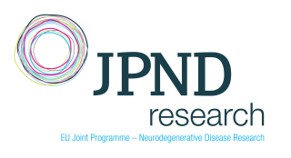
The EU Joint Programme – Neurodegenerative Disease Research (JPND) is the largest global research initiative aimed at tackling the challenge of neurodegenerative diseases. JPND aims to increase coordinated investment between participating countries in research aimed at finding causes, developing cures, and identifying appropriate ways to care for those with neurodegenerative diseases - www.jpnd.eu
